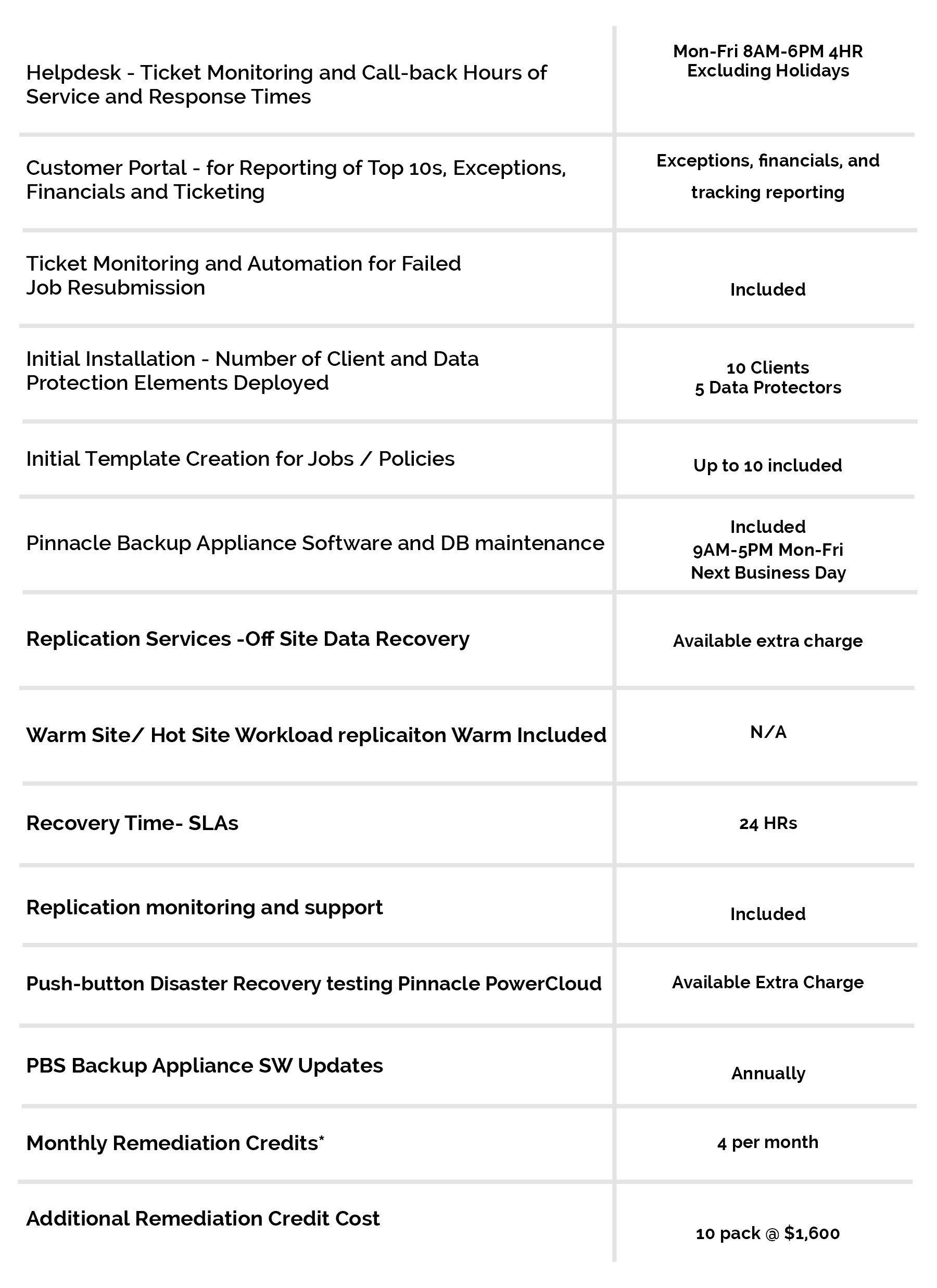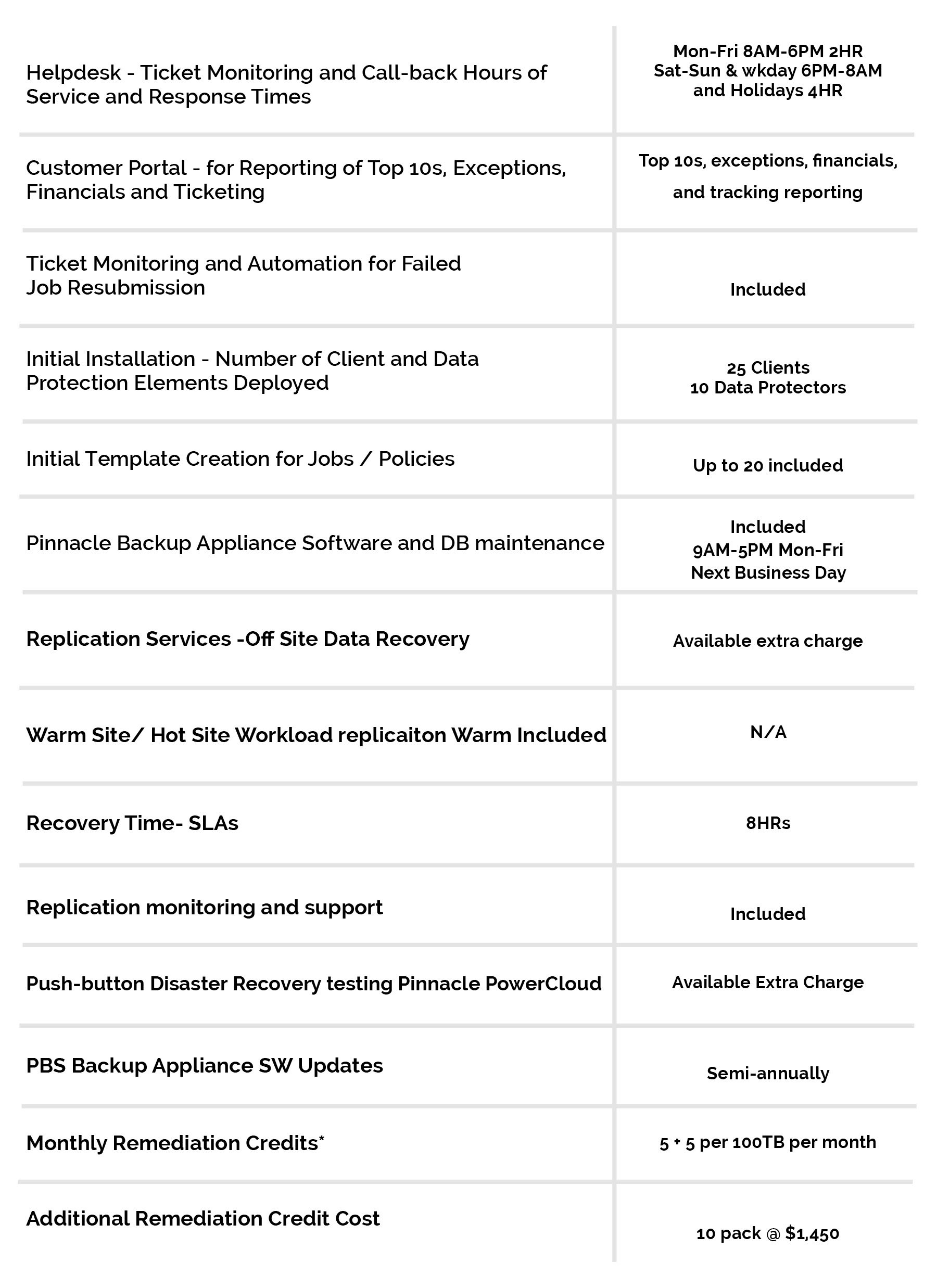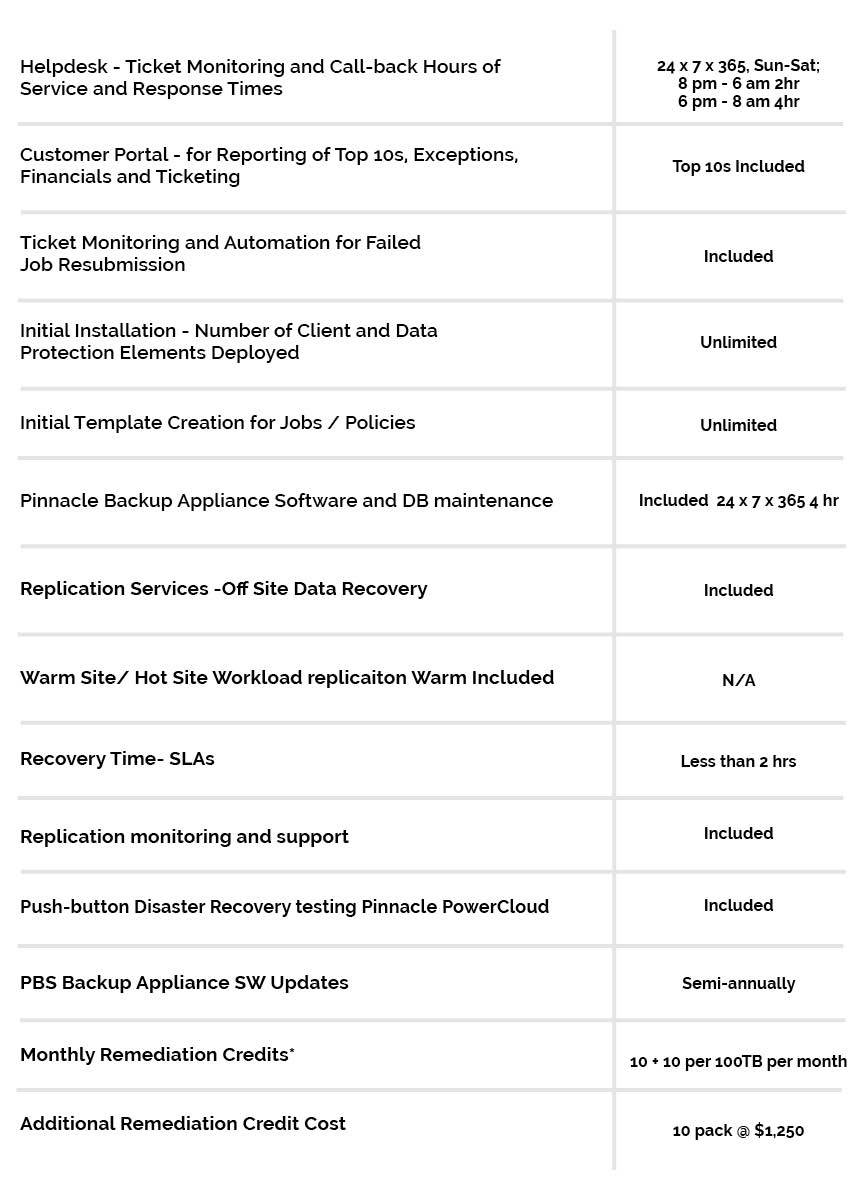11 Apr Benefits of wireless, edition 3: Healthcare
Within the healthcare field, it’s critical for doctors, nurses and administrative staff to have the right data at the right time. Quite literally, lives are on the line, and the ability of these key personnel to find the information they need when they need it is essential to the operations of a hospital, medical center or primary care office.
Technology is an important part of helping healthcare professionals access customer data. Specifically, wireless tools are helping organizations achieve their goals of better patient outcomes by providing hospital employees a way to access the data they need.
“Mobile tech is even being used to monitor vital signs and help doctors diagnose issues.”
How far we’ve come
In 2009, wireless technology was “still emerging” as a viable option in healthcare, according to a now-outdated article from Healthcare IT News. Nowadays, however, the ubiquity of mobile technologies is taken for granted within the healthcare space. In 2015, the Internet of Things was a key topic at the Health Information Management and Systems Society’s 2015 Annual Conference and Exhibition, the biggest health IT show in the nation, according to TechTarget, and there are countless other examples of how important these kinds of tools have become in recent years.
Mobile technologies are used by doctors to gain important knowledge about a patient’s medical condition before they speak to someone for the first time. Administrative staff use tablets to gather paperwork and have patients sign documents. Some mobile tech is even being used to monitor vital signs and help doctors diagnose issues. Nothing, however, has been more transformative than the IoT in the healthcare field.
The emergence of the Internet of Things
According to numbers compiled by Forbes and published by MarketResearch.com, the market for IoT devices in healthcare is expected to reach $117 billion by 2020. The emergence and subsequent domination of this technology in the healthcare space is understandable. By connecting the internet to the hospital, healthcare providers have access to a treasure trove of data that would normally not be available.
Becker’s Hospital Review contributor Jay White noted that the next generation of wireless connected devices will continue to have a profound impact on the industry, helping healthcare organizations achieve remarkable efficiencies in the areas of patient safety, data accuracy and mobility. The benefits of these kinds of wireless tools will go a long way toward improving patient care, reducing costs and equipping these organizations with the right tools to enable them to handle higher patient volumes.
“Wireless medical devices are not new, but they are about to have a much larger impact because of the way that forward-looking hospitals are linking them together to create truly connected environments,” White wrote. “In the past, these wireless devices have primarily been used to help healthcare providers improve real-time patient status and act more quickly on critical patient data.”

Wireless technology allows hospital employees to have instant access to important patient data.
What are some unsung benefits?
The advantages of mobile devices and wireless networks within the hospital are tangible. When lives are on the line, it makes sense to invest in tools that will help mitigate challenges and help people get home as quickly as possible.
However, there are other advantages, as well. With radio frequency identification devices, for instance, organizations can trace and track the status of various pharmaceuticals as they move throughout the hospital and, beyond that, the healthcare supply chain. This allows them to determine environmental concerns and make sure the products are being used responsibly without costing the business added money.
Another way mobile technologies, including the IoT, are transforming healthcare is in asset tracking and staff management. Hospitals aren’t just places where patients receive care – they are businesses as well, and making sure equipment and personnel are accounted for is critical. Lost, stolen or under-utilized tools can be a detriment to a hospital’s bottom line.
For more information about how wireless technologies are transforming the face of the healthcare industry today, get in touch with the experts at Pinnacle Business Systems today.





